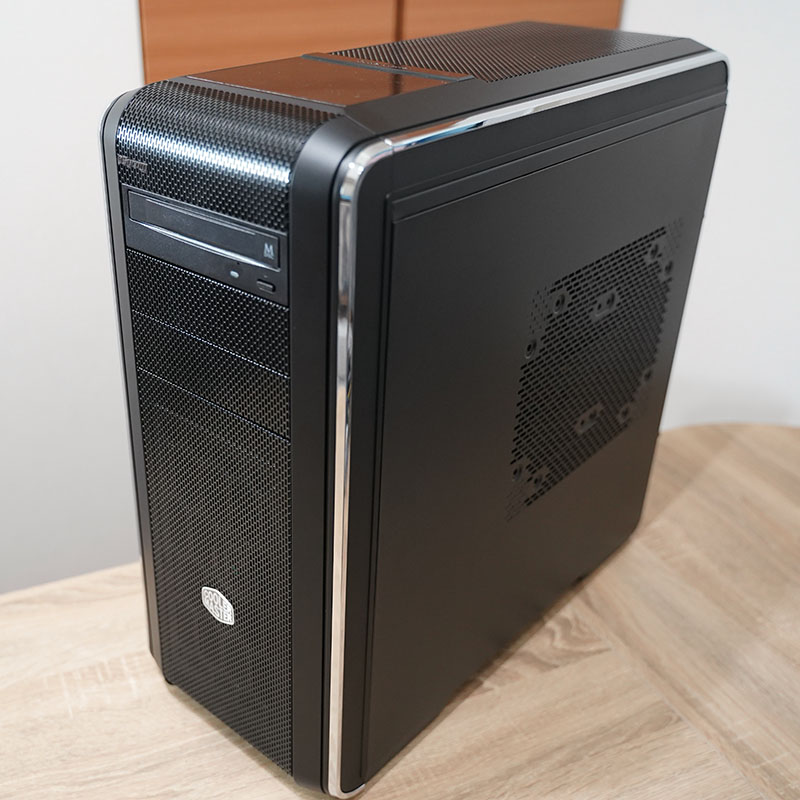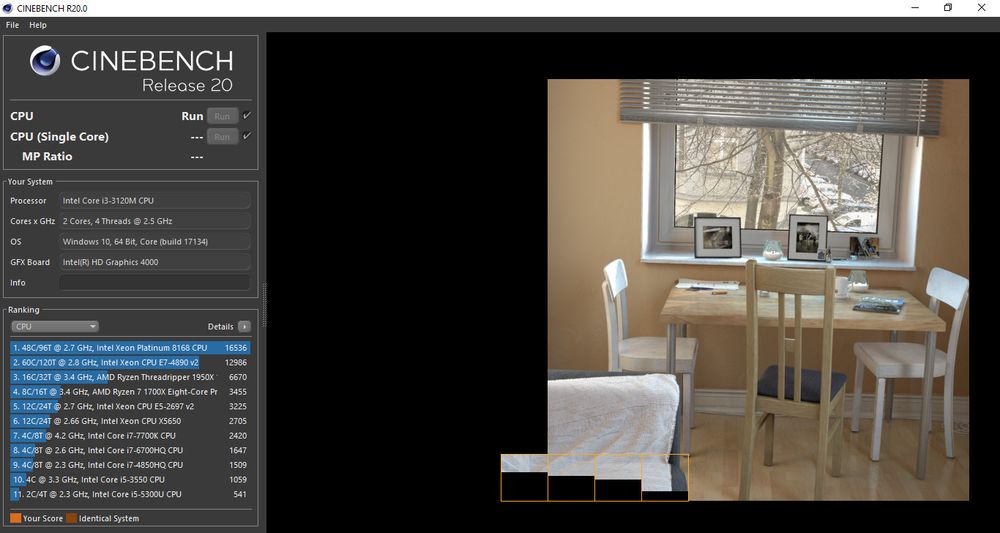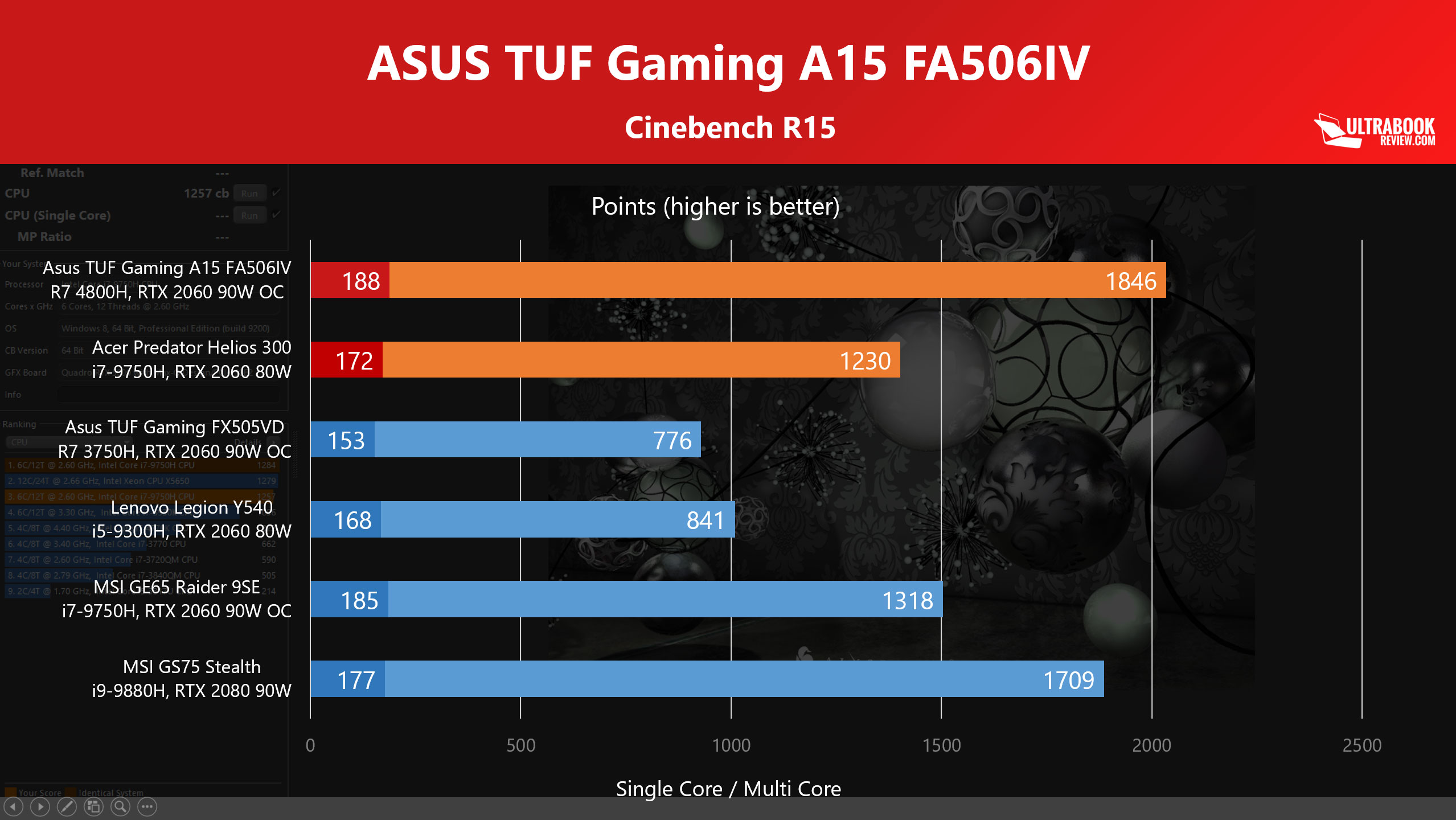
We would like to emphasize that there's no reason to assume a problem in the entire i9-10900 line because of this-flawed CPUs are fairly rare, but they do happen if this were a retail purchase, it would have just gone back to Intel under warranty. The system is entirely stable doing any normal task or while stress testing the absolute crap out of the CPU for hours on end-but roughly 10 minutes into any GPU stress-testing benchmark, the system locks up. These things happen.Īlso under the category of "these things happen"-the particular i9-10900K unit we got has a mildly defective UHD 630 integrated GPU. We suspect the multithreaded win on our end is due to our NZXT Kraken cooler, and the single-threaded win on Intel's is a luck-of-the-draw better individual CPU out of the bin.

Intel was willing to share its own internal Cinebench R20 test scores with us-ours were a little better than Intel's on multithreaded, and they were a little worse than the company's on single-threaded. Bumping the base clock rate cautiously increased the base speeds but did nothing to improve the maximum speed achieved, and it didn't help our benchmark scores, either. The Intel Extreme Tuning Utility (XTU) was available but unhelpful-any attempt to mess with the clock multiplier resulted in an immediately unstable system.
I9 9900k cinebench r20 software#
The Intel Performance Maximizer software isn't available for the i9-10900K yet-but we shouldn't have needed it. With an open-air rig paired with an NZXT Kraken fluid cooler and 280mm radiator, we don't think many users will be doing better than we did on the thermal capacity. This rate matches the expected single-core Turbo speed but falls short of the "up to" promises we saw for Turbo Boost Max and Thermal Velocity Boost-each of which were supposed to give us another 100MHz boost, for a total "up to" of 5.3GHz, for as long as thermal reality permitted it. Passmark CPUinfo, HWinfo64, and Intel's own XTU agreed on one thing-our i9-10900K never broke 5.12GHz on any core. We're just not at all certain it's worth handwaving away a crushing disparity on multithreaded performance to take this one very narrow win. If you want to take the single-threaded crown home, the i9-10900K is your processor. There really isn't much to choose from in single-threaded Cinebench, which-while a somewhat specific and narrow model-is probably the most appropriate general-purpose model for single-threaded gaming performance. Although the version of the promised "up to 5.3GHz" that we saw was only 5.1GHz, the i9-10900K still represents a very healthy 34-percent generation-on-generation improvement versus last year's i9-9900K in all-threaded Cinebench R20 testing. What we definitely did not expect, given Intel's lackluster marketing around the chip, is how well it stacks up against its own predecessor. Also as you would expect, for the most part its Ryzen 9 3950X equivalent kicks sand in its face and runs away laughing.

Intel's new flagship i9 desktop CPU is, as you would expect, very fast indeed.

Praxis Wetbench test chassis-$200 at Amazon NZXT Kraken X63 fluid cooler with 280mm radiator-$150 at AmazonĮVGA 850GQ Semi Modular PSU-$130 at Amazon Gigabyte AORUS Z490 Master-$390 on Amazon Specs at a glance: Core i9-10900K, as testedġ0-core Intel Core i9-10900K-expected retail ~$525Ħ4GB Corsair Dominator Platinum RGB DDR4 3200-$400 at Amazon


 0 kommentar(er)
0 kommentar(er)
